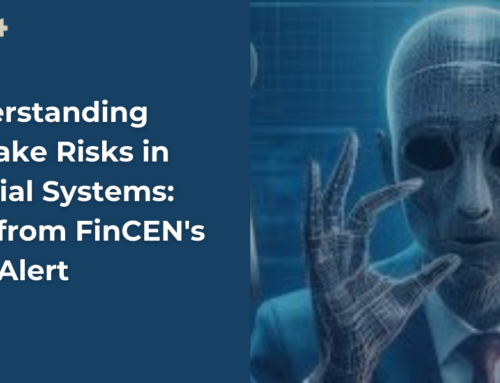Financial crime is a daunting and ever-evolving challenge in today’s world. During the ACAMS Vegas 2023 Conference, one common theme stood out: nervousness and skepticism among many attendees about the power of artificial intelligence in this field. While the majority of companies initially showed little interest in AI-driven investigations, the event shed light on the critical role AI can play in combating financial crime.
The Fear of the Unknown
The conference kicked off with a surprising revelation – the majority of companies expressed no interest in leveraging artificial intelligence to bolster their financial crime compliance efforts. For many, AI remains uncharted territory, and they prefer sticking to conventional methods. This hesitancy is understandable, given the potential risks and complexities associated with adopting new technologies in such a critical domain.
Adapting to Evolving Threats
Financial fraudsters are relentless in their pursuit of new tactics and technologies to evade detection. One of the startling insights from the event was the resurgence of check fraud, reminding us that criminals often revisit old methods with a new twist. Additionally, a spotlight was cast on “pig butchering,” a modern twist on romance scams. These developments underscore the urgency for financial institutions to embrace innovative solutions in the fight against financial crime.
Transparency and National Security
The newly appointed Director of the Financial Crimes Enforcement Network (FinCEN) stressed the importance of transparency in real estate transactions for national security. The year 2024 was highlighted as a critical juncture for beneficial ownership information reporting, aligning with broader anti-corruption and transparency initiatives. These initiatives represent a step toward greater transparency and accountability in the financial sector.
Challenges Ahead
As the launch of a U.S. corporate beneficial-ownership registry draws near, some panelists expressed doubts about whether banks will actually benefit from it. Exemptions to the beneficial ownership reporting rule and the lack of a concrete plan for verifying the accuracy of the information submitted to FinCEN pose potential threats to the effectiveness of the database. These concerns highlight the need for careful planning and execution in this critical area of financial crime compliance.
Combatting Child Exploitation
The conference concluded with a session focused on combating child exploitation, shedding light on the disturbing trends responsible for victimizing millions of children worldwide. These trends range from the early-2000s proliferation of child pornography on the internet to the disturbing shift away from financially motivated sextortion. Experts emphasized the crucial role of financial institutions in preventing these malicious activities, highlighting the progress achieved through private collaborations between organizations and banks.
A Successful Conference
In the end, despite initial hesitations and nervousness, the conference proved to be an invaluable learning experience. Attendees not only gained insight into the potential of Generative AI in combating financial crime but also had the opportunity to connect with partners and industry experts. The event showcased the vital role conferences like ACAMS play in bringing together stakeholders to address the evolving challenges of financial crime.
As the financial landscape continues to evolve, embracing new technologies, like Generative AI, is crucial for staying ahead of the ever-adapting tactics of financial criminals. With collaboration and continued education, the financial industry can better equip itself to combat financial crime and protect the integrity of the global financial system. Thank you, ACAMS, for another great conference, pushing the boundaries of knowledge and innovation in the fight against financial crime.






